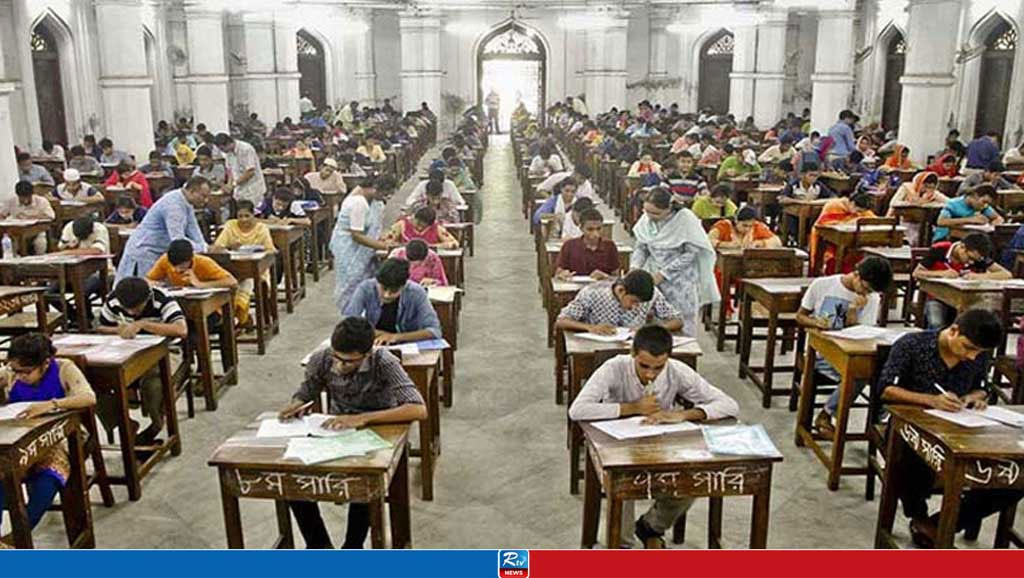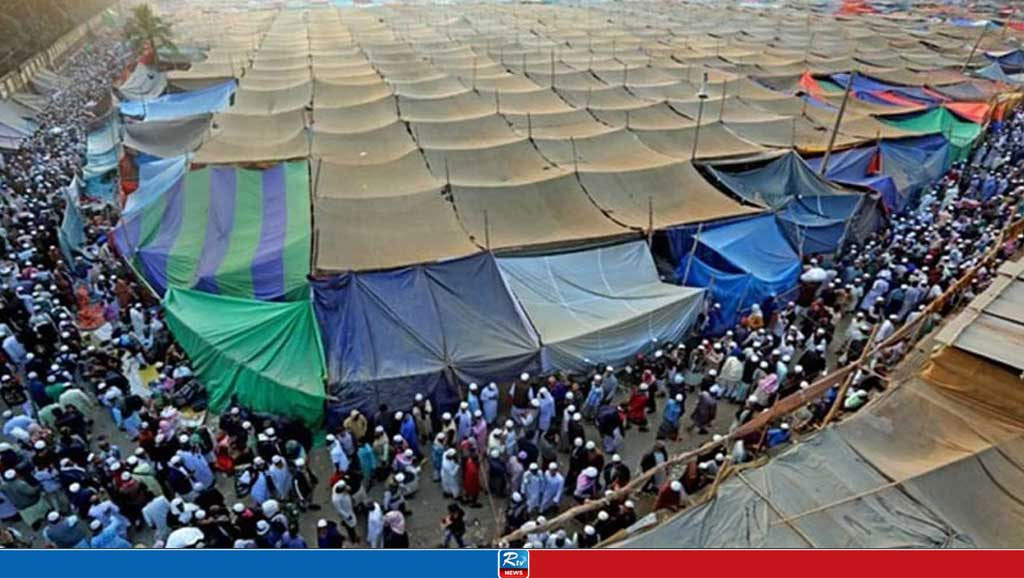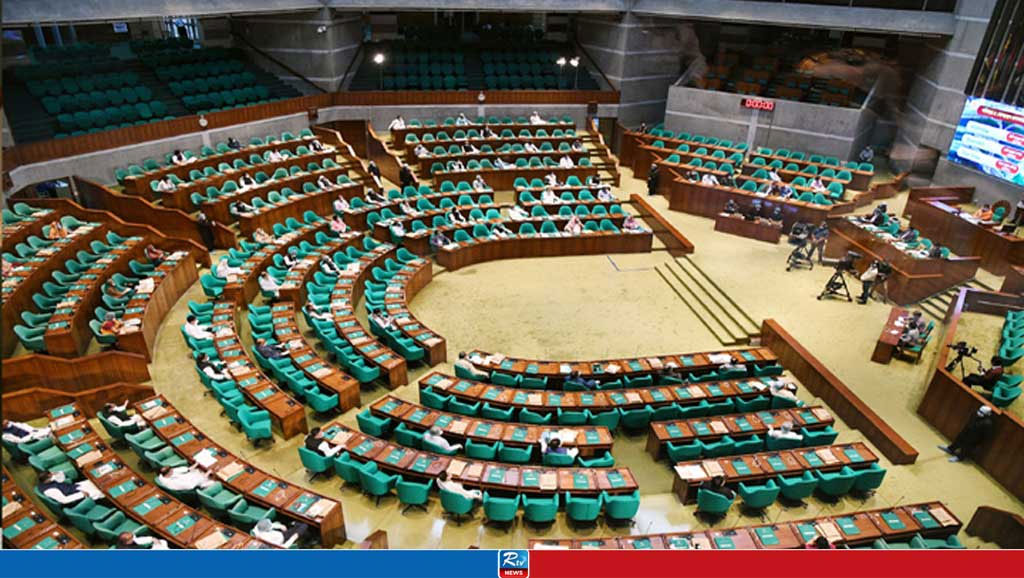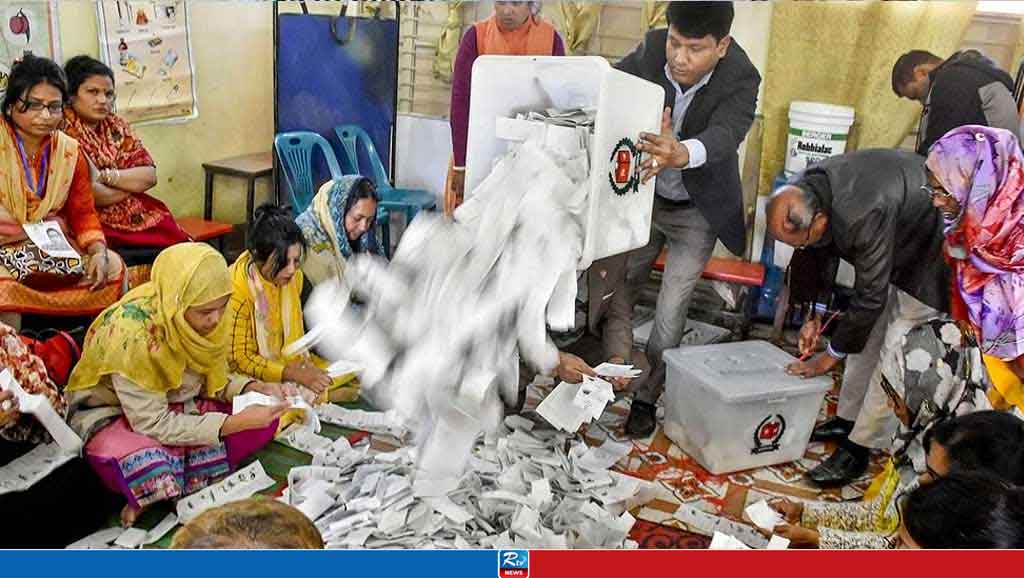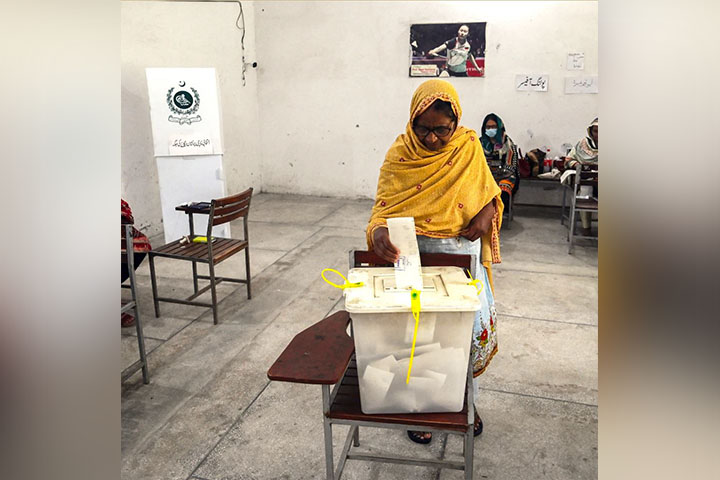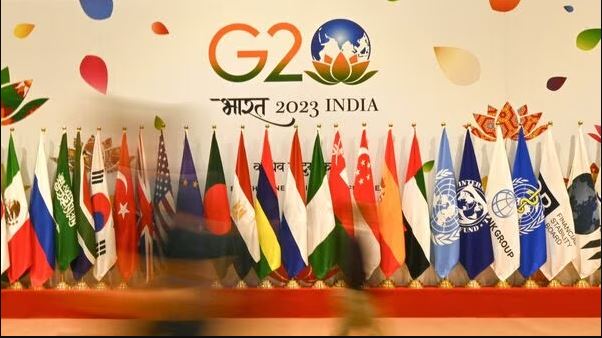Countdown to the Paris Olympics begins Stefan Nestler
The Olympic flame has been lit with 100 days left before Paris 2024 kicks off in the French capital. At a time of global crisis, security will be a top priority.
On Tuesday, the Olympic flame was lit in the ancient ruins of the Temple of Hera in Olympia in southwestern Greece. It will now make its way to Paris, where the Summer Olympic Games are due to open on July 26.
Until the closing ceremony on August 11, 10,500 athletes from 206 countries will compete at Paris 2024 in 32 disciplines.
The French government has said that security will be the top priority during the event. Some 45,000 police and gendarme officers will be deployed every day, as well as 18,000 soldiers and 20,000 private security guards.
In addition, more than 2,000 foreign police officers, including from Germany, will be helping to keep guard.
Macron: 'We can do it'
France increased its security alert to its highest level after an attack by Islamist terrorists in Moscow at the end of March left more than 140 people dead.
Providing security for the opening ceremony alone will be a huge logistical challenge: 160 boats carrying athletes are due to sail six kilometers (3.78 miles) along the Seine River. More than 300,000 spectators are expected.
"We can do it and we are going to do it," French President Emmanuel Macron insists. But he has also admitted that there are back-up plans in place should the security threat become too acute. These would include holding the opening ceremony in a stadium.
Russia's war of aggression in Ukraine and concerns about a further escalation of the situation in the Middle East have exacerbated fears of a security threat.
Despite this, eight of the 10 million available tickets for the 2024 Summer Olympics have already been sold and some 15 million spectators are expected.
Parisians not looking forward
It will be a test for the French capital's infrastructure. Last autumn, Clement Beaune, who was France's transport minister at the time, described the plans to organize traffic as "hardcore." Security barriers and diversions will be abundant, particularly around the Eiffel Tower and the Place de la Concorde. Some metro stations will be closed.
The price of metro tickets will be doubled during the Games. This is unlikely to increase the enthusiasm of Parisians for the event. In a recent poll, 44% said that they thought that Paris 2024 was a "bad thing."
Germany's team in Paris one of the biggest
The Olympic qualification period ends officially on June 23. The German Athletics Association (DLV) has made qualifying for Paris 2024 also dependent on performance at the European Athletics Championships taking place in Rome starting June 7.
The German Olympic Sports Confederation (DOSB) has to register the German athletes competing in Paris 2024 by July 8. It expects 400 to participate, which would make Germany's "Team D" one of the biggest national teams.
In 2021, 415 Germans took part in the Games in the Japanese capital Tokyo, winning 10 gold medals, 11 silver medals and 16 bronze medals. It was the German team's worst haul since German reunification. The DOSB is hoping for better results this year. "I believe that Team D will play a good role, and that one or two surprises are possible," said sport director Olaf Tabor.
Belarusian and Russian athletes to compete as 'neutrals'
Last December, the International Olympic Committee (IOC) cleared athletes from Russia and Belarus to compete in Paris 2024, but as "neutrals," and not as part of teams. They will be banned from attending the opening ceremony, and nobody who has actively shown support for the war in Ukraine will be allowed to compete at all.
The Russian and Belarusian national anthems will not be played, and national symbols and flags will be prohibited.
According to the IOC, only 12 Russian athletes and five Belarusians have qualified for Paris 2024 so far, but the numbers could rise to 36 (Russia) and 22 (Belarus). In Tokyo, 330 Russians and 104 Belarusians competed. In an open letter to the IOC last week, Ukraine demanded the complete exclusion of Russia and Belarus from the Olympics.
The IOC has come under fire from various quarters over its decisions regarding Russia and Belarus. Russian foreign ministry spokeswoman Maria Zakharova said the body had become "a place where neo-Nazism and racism flourish."
Ukrainian Foreign Minister Dmytro Kuleba said the decision to allow Russian and Belarusian athletes to compete was "shameful." He added that the IOC had essentially given Russia "the green light to weaponize the Olympics" because it would use athletes "as a weapon in its propaganda warfare." The Germany-based human rights organization Society for Threatened Peoples described IOC President Thomas Bach as a "dinosaur" who was incapable of learning.
At the lighting of the flame ceremony in Olympia, Bach repeated a message of hope: "Today, the Olympic Games are the only event that brings the entire world together in peaceful competition. […] Then as now, the Olympic athletes are sending this powerful message: Yes, it is possible to compete fiercely against each other and at the same time live peacefully together under one roof."
Bach's term is due to end in 2025, but some IOC members have suggested changing the statutes so that he can continue as president for another four years. The 70-year-old has said he would rather wait until after Paris 2024 to make a decision on this.
18 Apr 2024,17:29



















 Live Tv
Live Tv



